We saw how Hume, writing some 60 years later, builds on Locke's empiricist foundations and develops many of his views. Hume also rejects innate ideas and believes that all our thoughts are given through the senses.
Hume believes that;
we can divide the mind’s perceptions into two classes, on the basis of their different degrees of force and liveliness. The less forcible and lively are commonly called ‘thoughts’ or ‘ideas’.
For Hume, these ideas are pale copies of the more direct and immediate perceptions we have when we are actually experiencing something rather than thinking about it. He calls these more direct perceptions ‘impressions’, and explains that he uses this term to mean, 'all our more lively perceptions when we hear or see or feel or love or hate or desire or will.'
So Hume thinks that ideas are got from the way we experience the world physically, emotionally and intellectually (although I'm not sure if he would approve of those divisions of our experience) but that all our ideas are 'fainter perceptions of ... our impressions.' As he puts it, 'all our ideas or more feeble perceptions are copies of our impressions or more lively ones.'











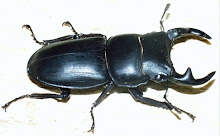
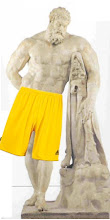


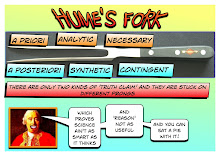
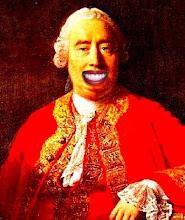



.jpg)

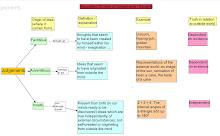
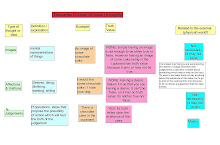
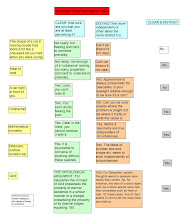



4 comments:
c i do check up the philosophy site!!
its gd :)
Victrizzo ... ah ... yes.. I think I remember you. Didn't you once drop in to one or two lessons?
that comment was uncalled 4!
Sorry. I try to control the worst aspects of my nature, but I think, in me, sarcasm is innate.
Post a Comment